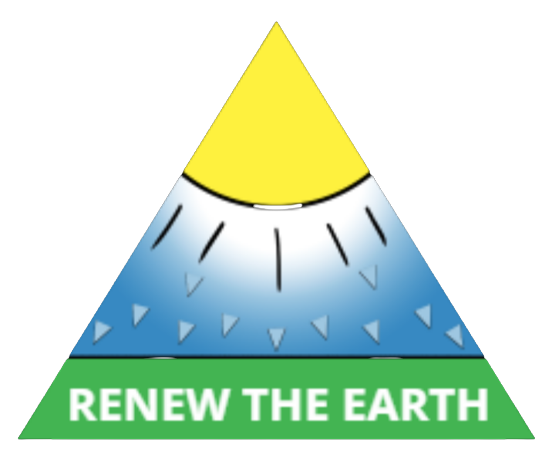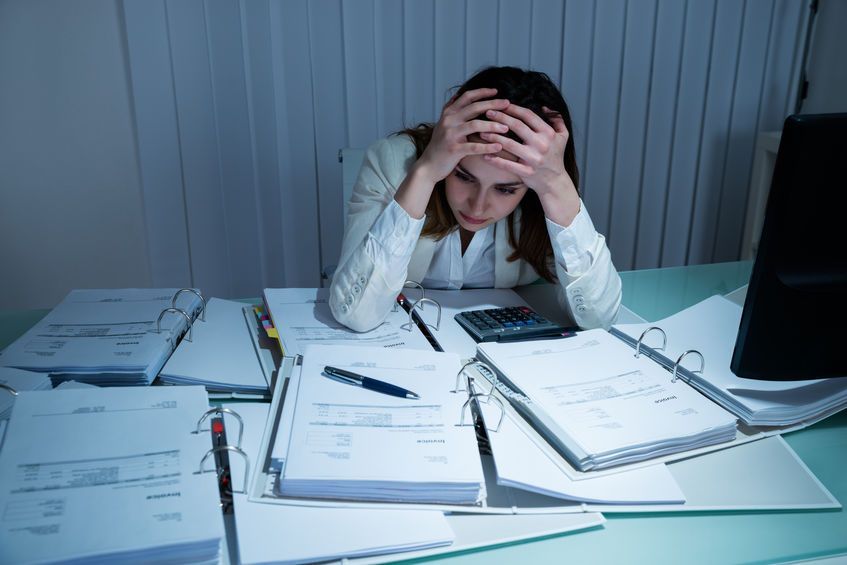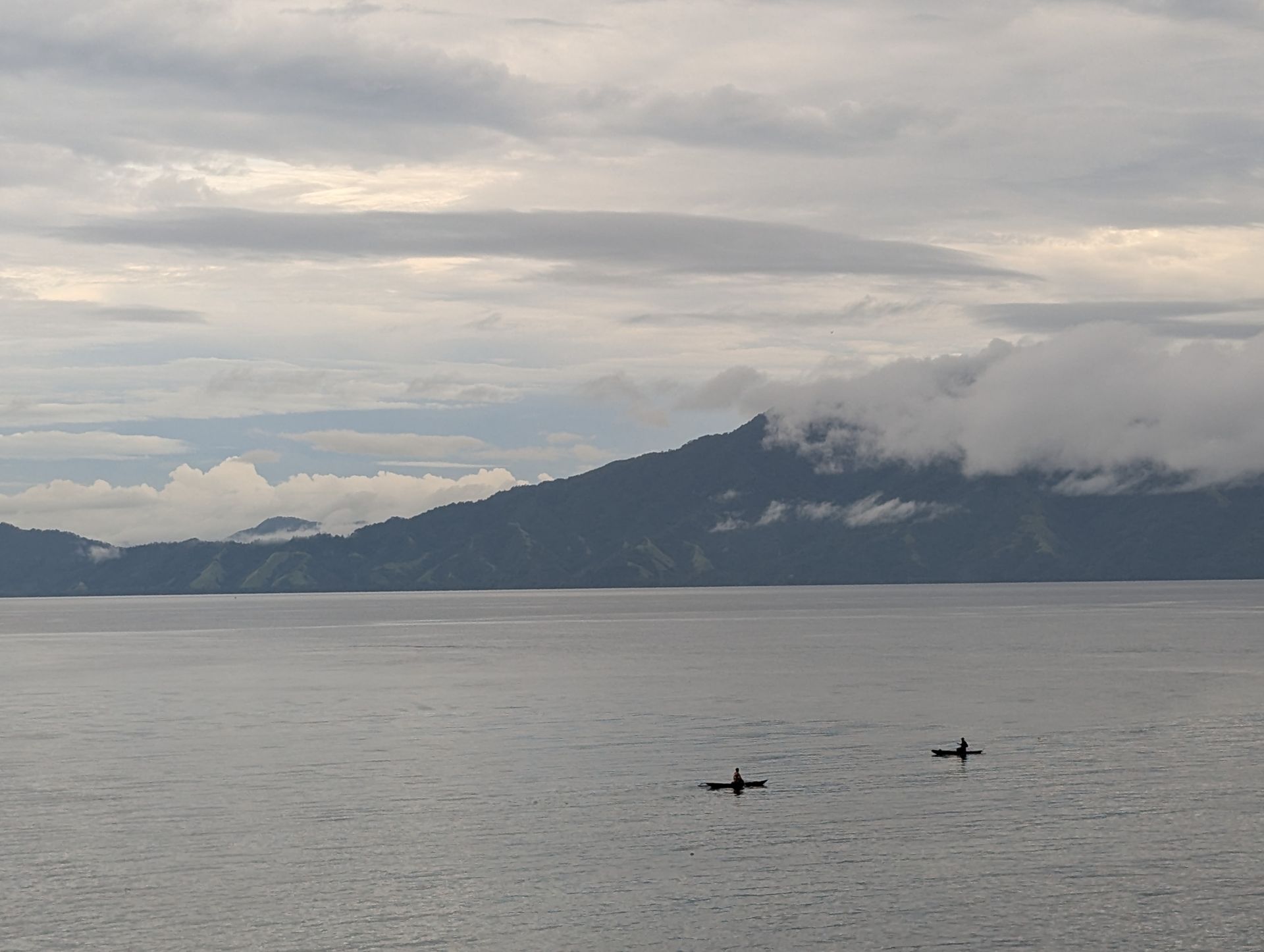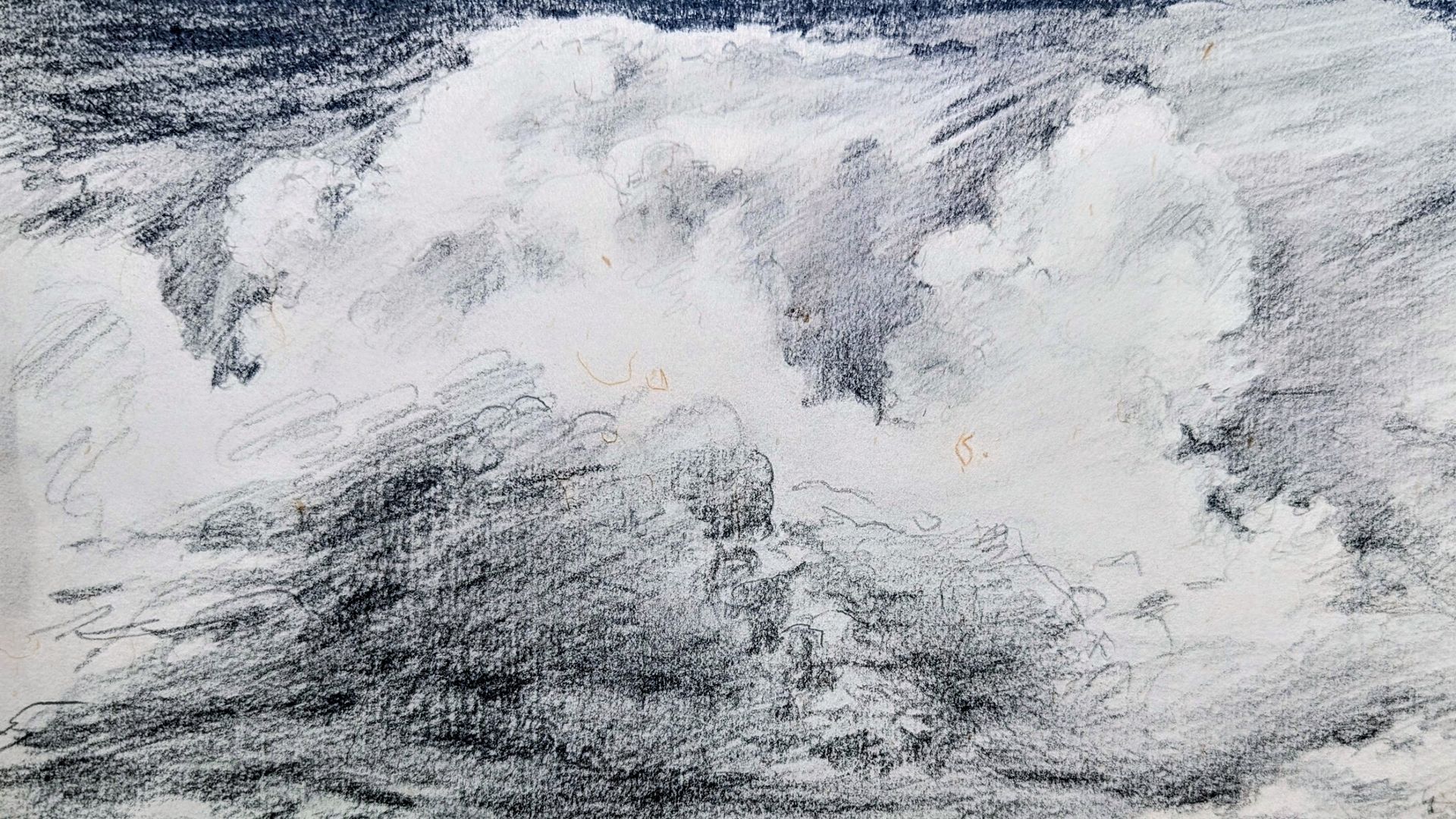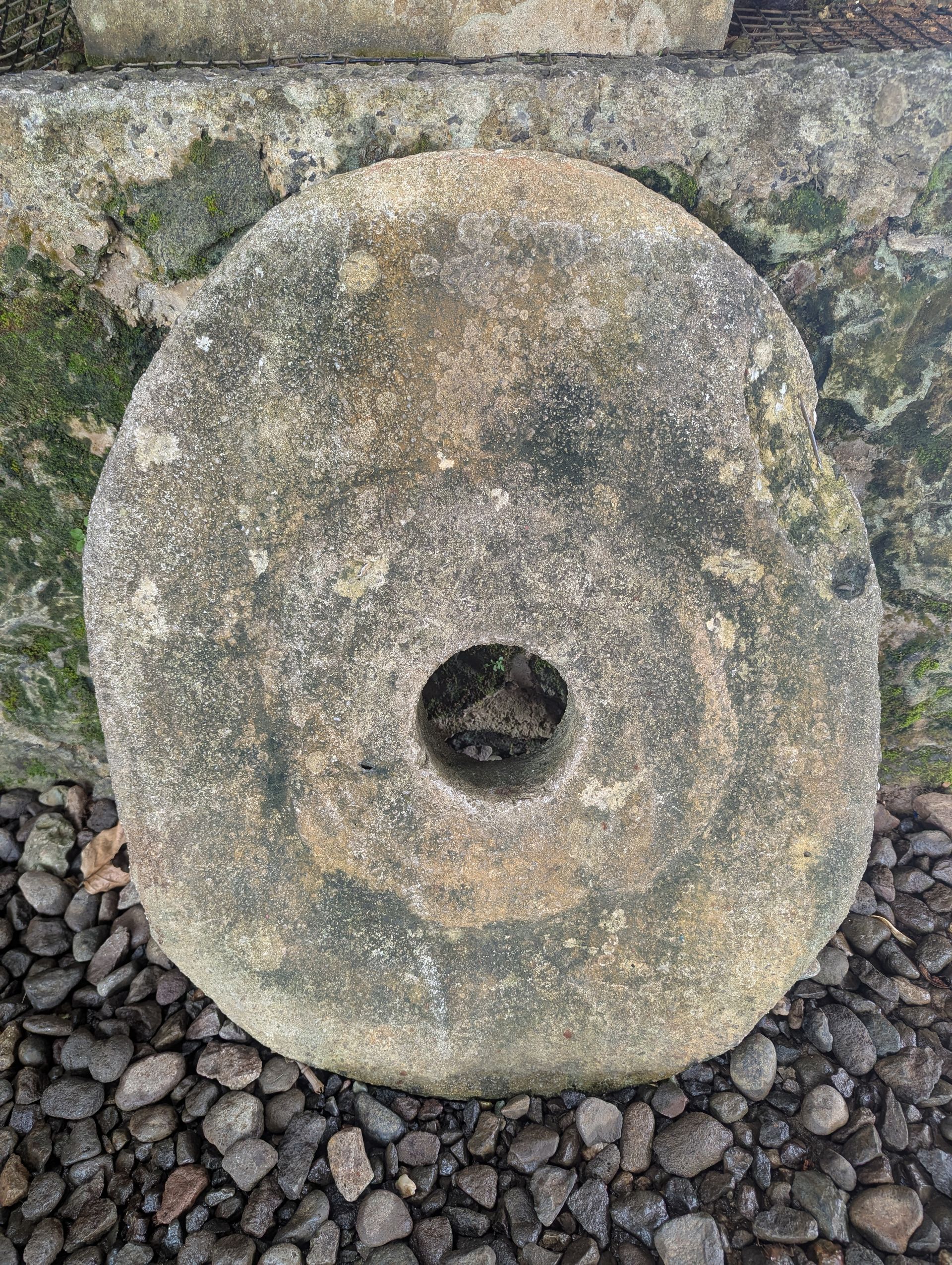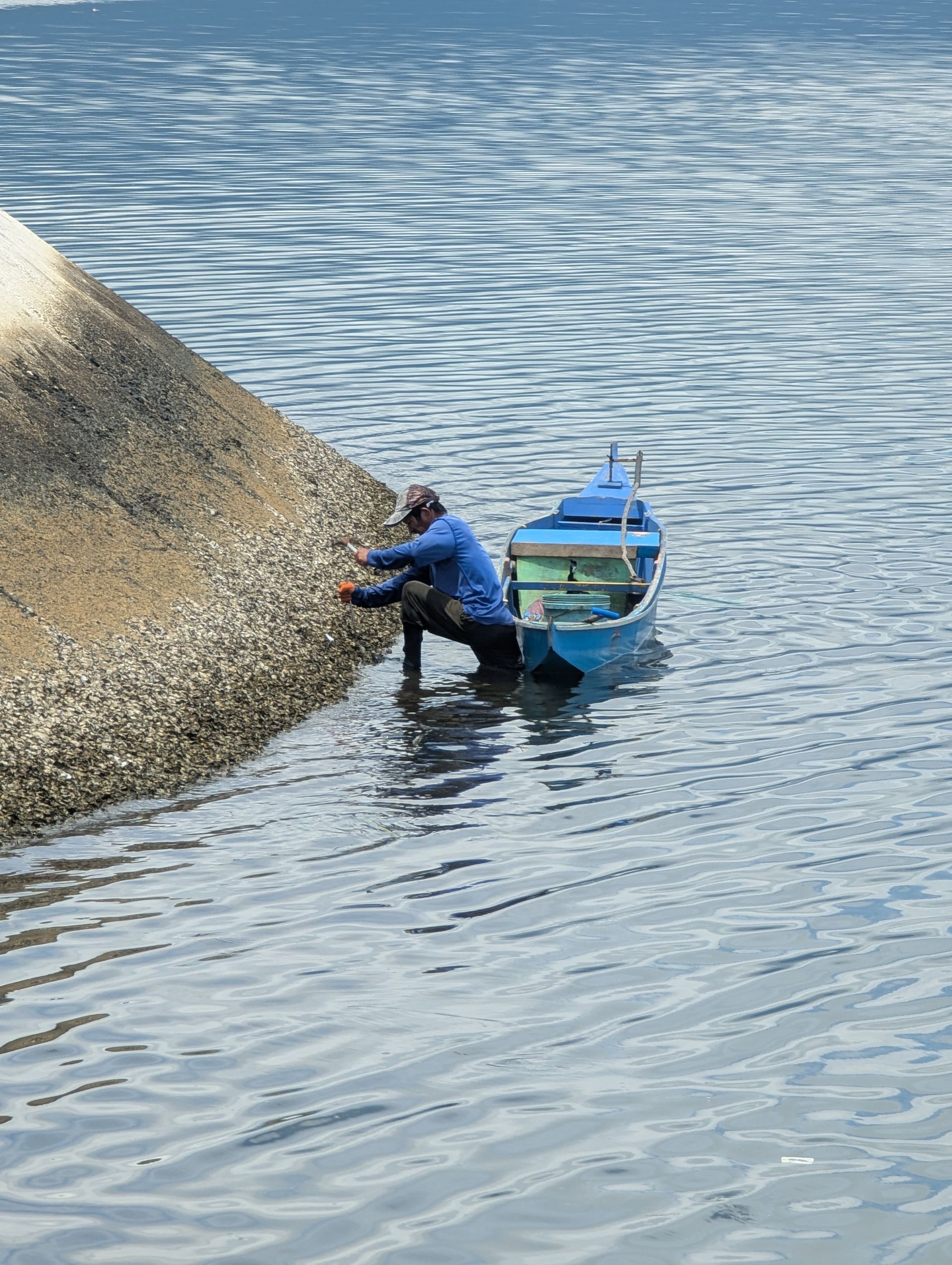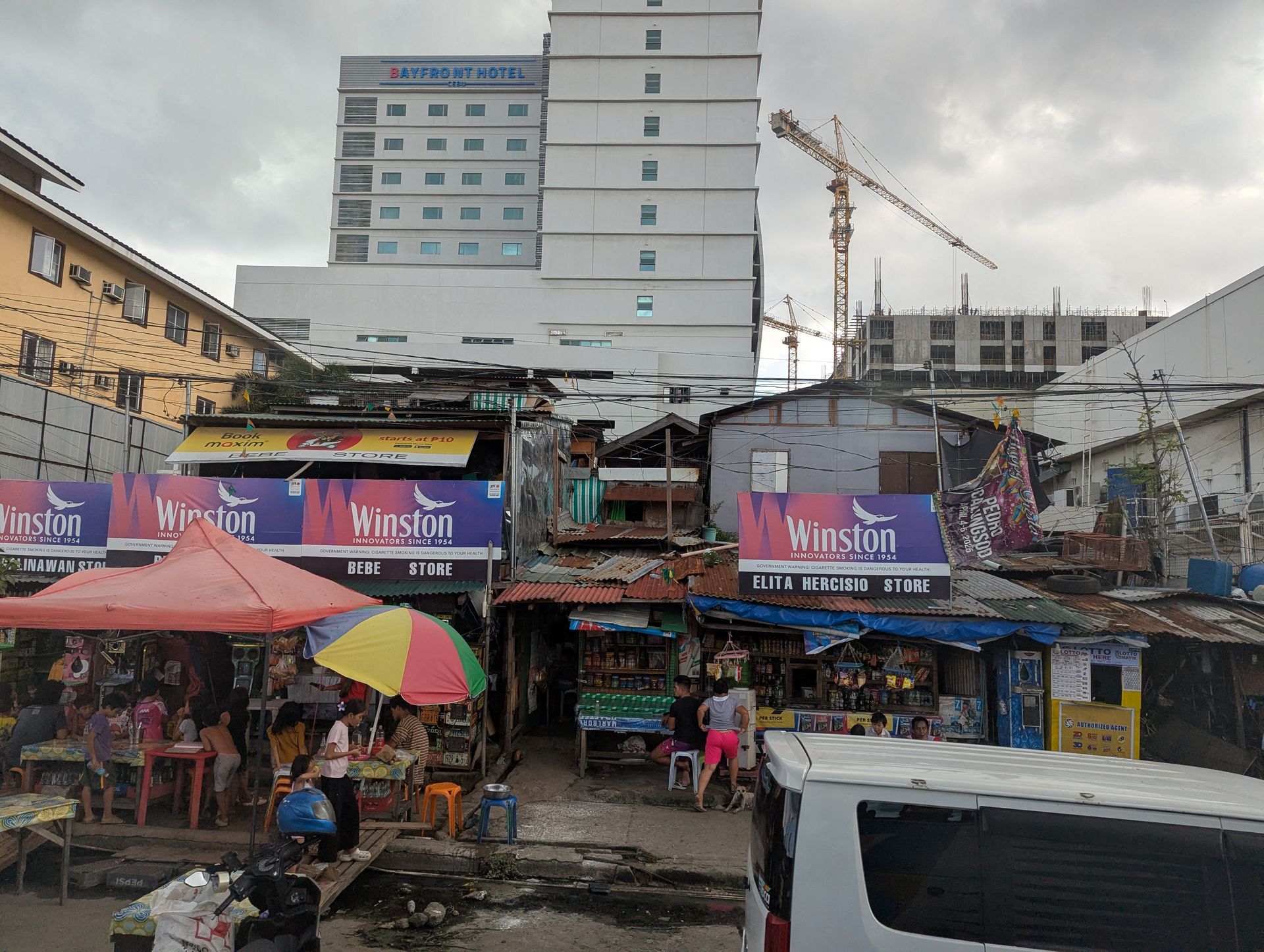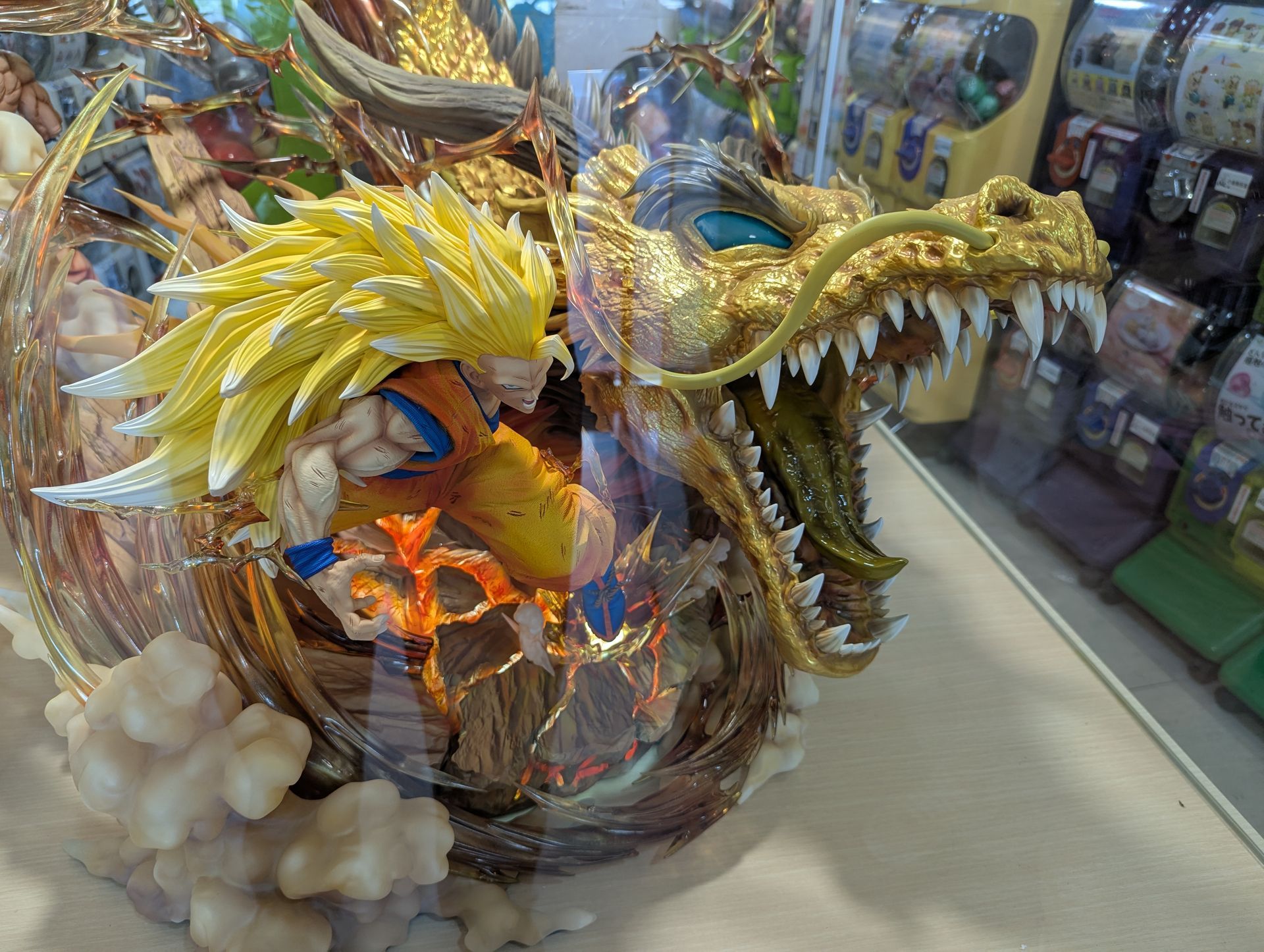Why Do We Work So Much to Survive?
Recently, prices have been skyrocketing. Throughout 2021, Americans have paid more for dinner, fuel, and housing than at any time since the Great Recession. Meat prices have risen by nearly 13 percent, rent by 3 percent, and gasoline by nearly 42 percent. Meanwhile, wages have not kept up.
While the current inflation crisis is largely due to the COVID-19 Pandemic, it is also a part of a larger trend. Namely, that living has become much more expensive than it has in our parents’ generation. So, why does it cost so much to live? Because, we are traveling on the, Economics Express.” It is self driving and setting our pace and direction. As president Clinton once said when asked what is in control, “It’s the economy, stupid!” ‘For profit’ economics forces ever increasing consumption and prices, in order for it to continue functioning.
Necessities are more expensive, why?
Because profit must be recovered after a shock to the economic status quo. Over the more than 200 years of accepted economic practice, we have been shedding symptoms along the way. Climate change, rising cost of living, inflation, low wages, slavery, poverty, racism, wars, mass migrations and pandemics, to name a few. While we were doing business as usual, did we forget to protect some things that are most important?
Humanity, Nature – make possible the incredible successes of world economics. But they are not invincible and not unlimited. And, they are unprotected. Is there a way to help modern economics evolve, beyond capitalism?
We Are Not Free if We Do Not Have Financial Security.
Energy Currency dedicated to providing basic needs can be a way to lessen the economic symptoms that destroy our human community and Nature.
Wages haven’t kept up
While there have been wage gains in certain sectors, those wage gains have only been seen by the wealthiest American s. Aristotle suggested that “we work to have more leisure, on which happiness depends.” Are more work hours producing more leisure, more happiness? They do produce more profit, most of which does not return to benefit individuals or communities. Rather, it enriches a minority creating unequal economic societies and the resulting stresses.
Climate change contributes to rising prices and pandemics
Powerful storms, droughts, and disease all impact the supply chain. If a drought wipes out this year’s crops or a storm destroys a key manufacturing plant, there will ultimately be a limited supply of products. This limited supply causes prices to rise. Because, as soon as possible the profit loss must be regained and people forced back to work in what may be unsafe conditions in order to achieve this.
What can we do?
To help tackle these economic and climate problems, we need to find ways to put less strain on Humanity and Nature. Energy Currency for basic human needs, food, shelter, healthcare, infrastructure, will help world economies evolve toward a healthier future. Energy Currency can help make our economic systems less expensive and less wasteful. By making necessities such as food security, shelter, and education our first priority, we can incentivize countries to make their production and distribution practices more efficient.
Please read more on our website: renew-the-earth.org.
Renew the Earth is 501c3 organization committed to improving our world through the implementation of Energy Currency. To support our cause, donate today or contact us for more information!



